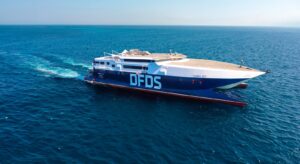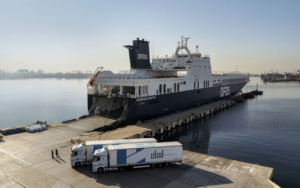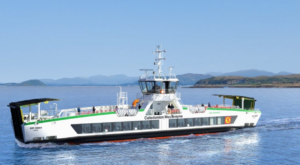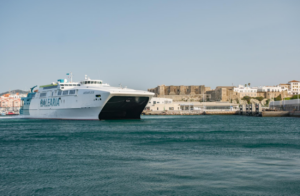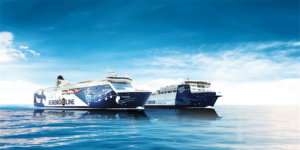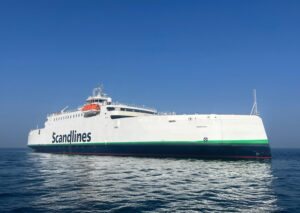DFDS lays off 650 employees
Danish ferry and logistics company DFDS will lay off around 650 people in the coming months as part of its measures aimed at adapting to post COVID-19 market conditions.
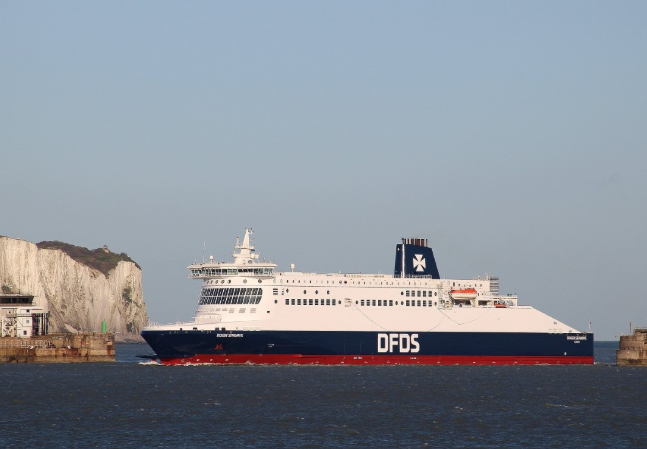
DFDS currently employs around 8,600 people.

The pandemic has had a crushing effect on the passenger transport sector amid strict travel restrictions and health and safety risks.
In response to the severe drop in demand, DFDS laid up its ferries and suspended two passenger routes to cut costs.
The company said that freight volumes in Q2 have in most areas been above expectations and of the 12 freight carrying ferries laid up in March/April, five have now been redeployed.
One of the passenger routes, Oslo-Frederikshavn-Copenhagen, reopened on 25 June following the opening of borders between Denmark and Norway.
The reopening of the second passenger route, Amsterdam-Newcastle, and the nonessential travel on the English Channel is contingent on an easing of UK and EU travel restrictions.
“Our initial response to Covid-19 has been successful. We now take further steps to restore long term growth and efficiency. At the same time, we continue to monitor new opportunities that may arise”, says Torben Carlsen, CEO of DFDS.
The new wave of measures aimed at adapting to the new market conditions will include combining industry sales of large freight customer solutions, involving both ferry and logistics operations, into one unit to drive sales.
DFDS said that its ferry division would focus on delivering services to freight forwarders and hauliers, and that its port terminal and haulage operations would be optimized.
Passenger concepts have been aligned to changes in travel market dynamics with a higher share of passengers that primarily travel for transport purposes, including holiday travel.
A reshaped and integrated IT and digital organisation, as well as downsizing of various functions, are also being planned.
These initiatives are expected to generate annual cost savings of up to DKK 250 million ($37 million).
In 2020, a positive financial impact of DKK 50-75 million is expected.
The outlook for EBITDA before special items was reduced towards DKK 2 billion ($301 million).
“Uncertainty remains exceptionally high, particularly for passenger travel, and this may still cause the outlook and its assumptions to change significantly in the second half of the year,” the company said.

